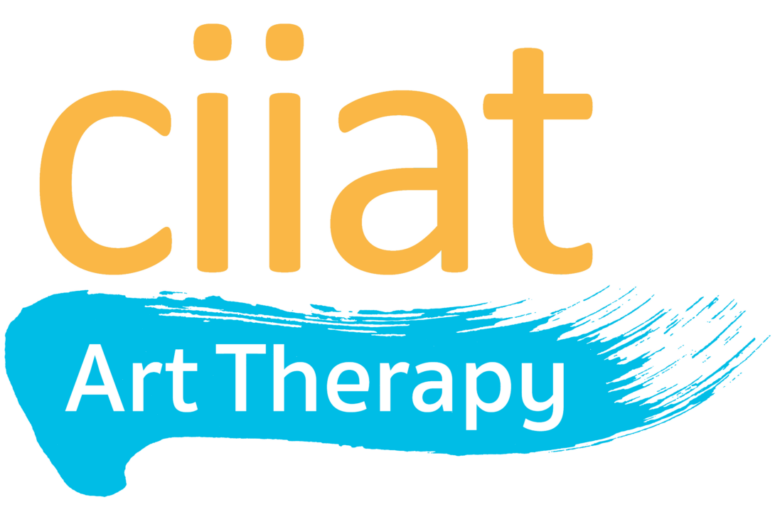

Policy #6: Social Media and Technology
At CiiAT, maintaining the highest standards of professionalism extends to the use of technology and social media. The following guidelines are aligned with industry standards to ensure that students uphold the integrity of the therapeutic arts field.
6.1 Confidentiality and Privacy:
- Electronic Communication: Students working with clients should inform their clients of the limitations and risks associated with electronic communication.
- Social Media: It goes against ethical standards of practice and CiiAT’s policies to disclose any confidential information about clients, fellow students, or the institution on social media.
6.2 Professional Representation:
- Advertising and Self-Promotion: If a student chooses to promote their services or work on social media or other public platforms, ensure that the information shared is factual, verifiable, and not misleading. Students must avoid making unsubstantiated claims about the effectiveness of therapeutic techniques or promising specific outcomes.
6.3 Social Media Conduct:
- Professional Boundaries: Students must maintain clear boundaries between their professional and personal life. Students must avoid “friending” or following clients on social media platforms. Professional communication should remain within secure, formal channels.
- Solicitation: It is prohibited to solicit clients utilizing undue pressure to engage in services through social media or other online platforms.
6.4 Academic Integrity:
- Use of Technology in Coursework: Ensure that all submissions and communications related to coursework are original and properly cite sources when necessary. For the procedure when claims of plagiarism or misuse of technology in academic settings are brought to the attention of the Institution, please refer to the Academic Integrity Policy.
By adhering to these guidelines, the student body contributes to the trust and professionalism required in the field of art psychotherapy. Any violations of this policy will be taken seriously and may lead to disciplinary action, including removal from the program.
Studying with CiiAT is more than just an education,
it’s a personal journey within a supportive community.
Whether it’s through our small, intimate classes, or through our friendly administrative and technical support team, we strive to provide personalized help and attention.